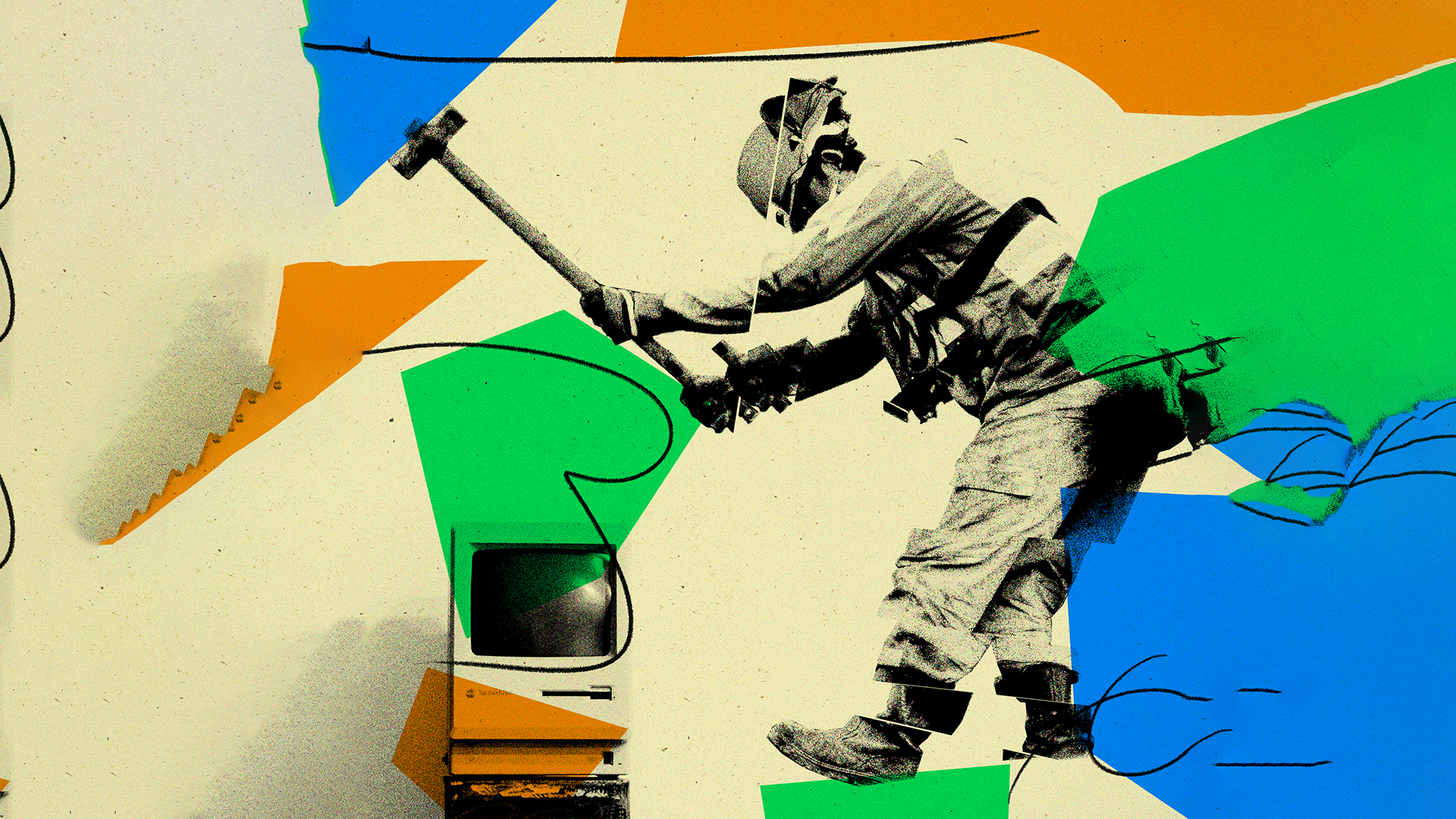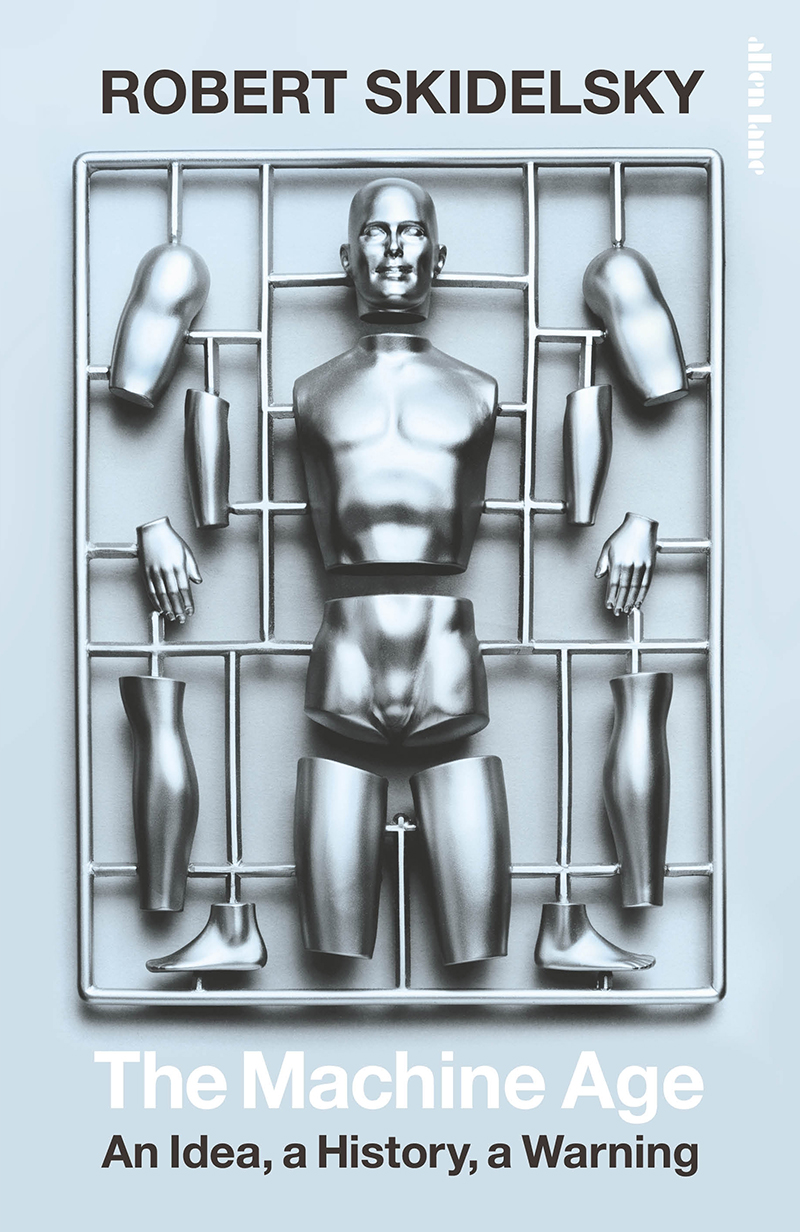But it then turned out that computers plus humans could beat humans or computers on their own, so computers would not replace humans but enhance them! The threat of redundancy was lifted, and so far, at least technological unemployment is minimal.
A more sinister possibility is opened up by the spread of surveillance technology. The promise of shedding a light into dark places, dating from Plato’s famous allegory of the cave, was visualised in Jeremy Bentham’s famous design for a Panopticon in 1786.
This was an ideal prison system, in which a central watch tower could shine a bright light into all the surrounding cells without the prisoners being aware of being watched. This would reduce the need for prison guards, since the prisoners, aware of being continually surveilled, would police themselves. Why should not schools, hospitals, workplaces, streets – all of society – be run on these lines?
The idea of building an ideal society based on a prison was made flesh in both Nazi Germany and Communist Russia. These ‘utopias’ failed, but Bentham’s hopes live on.
Today’s technology offers a power of surveillance only dreamt of by the most powerful autocrat in the past. It operates not through searchlights but through digital tracking and recognition systems into which we are all slotted, willingly or not, through our dependence on computers for everyday services like shopping and banking.
Just think – no more need for guessing what you might be up to: every desire would be anticipated by Big Seller, every potential mischief nipped in the bud by Big Brother. And all this is happening now. Every day improved surveillance devices are being rolled out and installed to ensure the consumer and political behaviour desired by a commercial platform or a state. China leads the way, but the surveillance society is catching up everywhere.
But there is a third possible story even more dreadful than the first two. This involves not unemployment nor zombiedom, but physical extinction. Our planet has always been threatened by natural disasters – the dinosaurs were probably extinguished 60 million years ago by an asteroid hitting the earth. Now we can create machine-made disasters.
In 1947, two years after atomic bombs were dropped on Hiroshima and Nagasaki, leading scientists created a Doomsday Clock to monitor threats to humanity from unchecked scientific and technological advances. The clock was set ticking at seven minutes to countdown in 1947.
In January 2020 it was set at 100 seconds, its closest ever to countdown; in January 2023, following outbreak of war in Ukraine, it was reduced to 90. Again, we see a vastly increased saving power intertwined with a vastly enhanced destructive power.
Most of us have heard of the Luddites, the handloom weavers who in 1811 started smashing the power looms being installed in factories. The most famous English economist of the day, David Ricardo, wrote, “the substitution of machinery for human labour is often very injurious to the interests of the labourers”. Before we allow machines to take over our future, for better or worse, we must have a long pause for reflection, though I doubt we will get it.
The Machine Age by Robert Skidelsky is out 2 November (Penguin, £25). You can buy it from The Big Issue shop on Bookshop.org, which helps to support The Big Issue and independent bookshops.
This article is taken from The Big Issue magazine, which exists to give homeless, long-term unemployed and marginalised people the opportunity to earn an income. To support our work buy a copy!
If you cannot reach your local vendor, you can still click HERE to subscribe to The Big Issue today. Or give a gift subscription to a friend or family member.
You can also purchase one-off issues from The Big Issue Shop or The Big Issue app, available now from the App Store or Google Play










